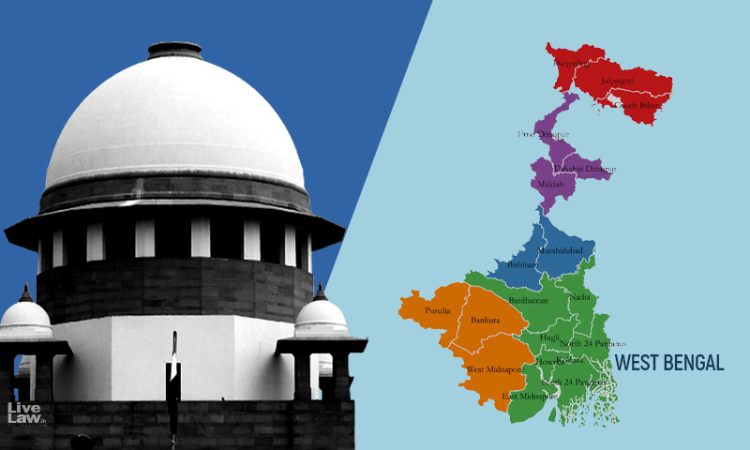The West Bengal government has requested the Supreme Court to consider directing the Centre to set aside the current differential vaccine pricing regime and cap the prices of vaccines at a uniform fixed rate. The State has also stated that Centre must also seek the advice of the National Pharmaceutical Pricing Authority ('NPPA') on the vaccine policy including pricing aspects of...

